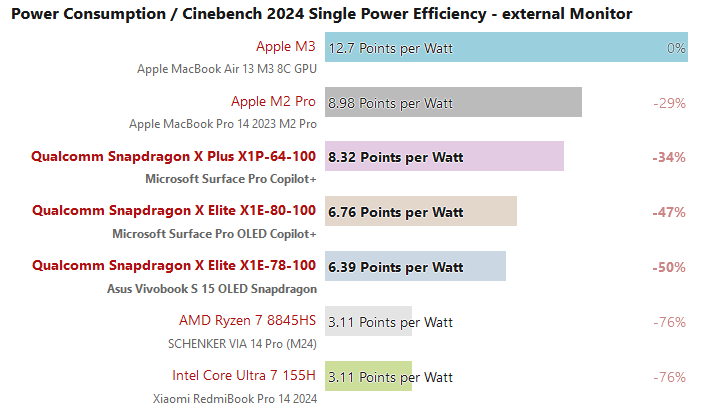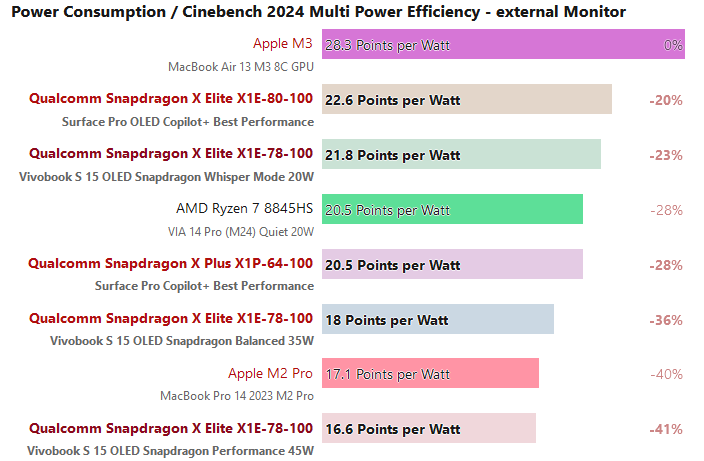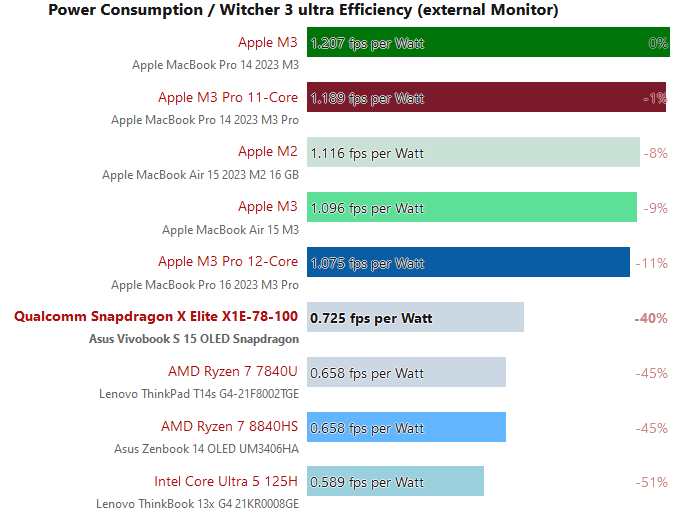I use Mint, by the way.
Whatever floats your boat is fine with me. I’ll just ask chatgpt how to install packages on your distro if I have to help you.
As an Ubuntu user, I would never say “Long live Ubuntu”.
*hear
hear!
Linux distros are just the new “101 flavors of Protestantism,” complete with radical zealots who believe you will go to Hell for choosing the wrong one.
But you will go to hell though
Going to hell is unrelated to our flavor of Linux
Aren’t you in tutorial-hell ?
Does that mean Windows is Catholicism?
Perhaps. But if that’s the case, then I’m pretty sure that makes Mac OS Eastern Orthodox.
What oddball OS would be Ethiopian Orthodox?
TempleOS obviously
Unix.
Not enough sex scandals
I think I have like 4 different distros near me at any given time now that I think about it. A Debian one for Minecraft and some other game servers, my windows PC, a Mac for music stuff, and my arch laptop, I guess the steam deck technically counts too. Even at work I use all three occasionally.
Removed by mod
It really does mac a difference.
Meh, I mean Arch includes non-free software as well so I don’t really understand. As a Trisquel user, you all are dead to me.
As an AmogOS user you seem a bit sus
I love it. This made me laugh.
But, as this month’s chair of the of the Linux User Group for Letting Everyone Know We Hate Snaps (LUG LEKWHS), I want to clarify that we don’t have a problem with Ubuntu users.
It’s Canonical we have a beef with.
Well written! We have chosen well
— LUG LEKWHS Member
I use both Mint and Archbang. I’m half-dead to myself.
s/HERE/HEAR/g
Arch is nice, I use it on my laptop, but desktop / daily driver is Debian.
me as an arch user when I have to use ubuntu for work: arthur-fist-clench.gif
I just went full linux on my daily driver about a year ago after running a headless linux media server for a few years.
Can someone explain to me why Ubuntu is so terrible? Is it not difficult enough to use or something?
I’m going to preface this with saying whatever works for you.
It’s not really about difficulty for most people.
Canonical (the people who manage Ubuntu,) has made some unfortunate decisions.
First, and I feel this has always been true, they approach their users with the assumption that they are in fact idiots. Microsoft has the same design philosophy, and it makes things much harder than it needs to be. (Some people may be idiots, but if they want to wipe the entire drive, that’s their business, right?)
Secondly, Ubuntu tends snoop on you, and certain decisions by canonical raises alarms.
Finally, fuck snap.
snaps.
oh, and that time that Canonical put Amazon telemetry in the default search application.
oh, and how they just bundle up “bleeding edge” stuff from a year ago and ship it with it’s associated bugs.
It’s been a few years since I tried but it just really turned me off.
I’m sure there are as many reasons as there are people who dislike Ubuntu, but here’s a few:
- They injected internet ads into search
- To many outside of the community if they have any familiarity with Linux on a desktop, it’s with Ubuntu which kinda places it in a position to newcomers as being Linux itself rather than one particular flavor
- It is very opinionated about look and feel and usability: i.e. their custom launcher and Snaps
- It’s popular
- It has a reasonably large user base so there’s more opportunity for people to find things to nitpick over.
Overall it’s fine. I’ve used Ubuntu, Mint, Puppy, DSL, Arch (btw), Fedora, and Debian. I can do pretty much anything I need to on any of them. I’ve got my preferences about the correct balance between useability, upgrade schedule, and customizability.
They injected internet ads into search
They did? Like filesystem search? I don’t see that.
It was the application browser, and they rolled it back after the backlash.
As ferret mentioned it was in the past, but they were prominent:

Woof.
Use whatever you like.
But don’t complain “Linux requires constant work” after it breaks in a couple of years, instead, be free to complain “Ubuntu requires constant work”.
Also, beware that it may be spying on you.
To expand on the hate of snaps:
They’re a packaging solution for apps and dependencies. They’re apparently quite comfortable for app developers to use too. There was a hiccup where some apps really struggled to run well as snaps, but AFAIK that was fixed.
The common issues are snapcraft being the only repository and the methods of pushing them:
Snapcraft is where the packages are stored and loaded from, and it’s a closed-source repo hosted and controlled by Canonical, with no option to configure snap to use a different source. That has advantages for security, if you trust Canonical to vet and take responsibility for the packages on their system, but some people chafe at that lack of control. Compare to flatpak, where you can add arbitrary repos, so any distro vendor can have their own set of packages and versions they’ve vetted for stability and compatibility, but if I want a different version than my vendor maintains in their remote, I can use a different remote for certain apps instead.
The second issue is that the classical apt system, which used to install
.debpackages, was utilised to install snaps instead, so you’d runapt install packageand expect a .deb to be installed, but instead it just downloads a script that runssnap install packageand you get a snap instead, which is particularly annoying when you previously had it as a deb and it suddenly gets replaced. The argument here is a smooth transition to the “better” system, on the premise that snaps are better and the assumption that users won’t care or notice. In some cases (the hiccups mentioned earlier) that just wasn’t the case and people got frustrated, but even if it worked, some people (including me) take issue with expecting a deb and getting a snap - if I want a snap, I’ll use snap, and if your deb is deprecated, offer me to switch instead of silently installing the alternate source instead.Thank you for explaining that. I’m new to Linux and really didn’t understand that snap thing I heard about
In that case, let me add a few more details:
Deb packages have dependencies on other packages. To install and run a given application, you will have to install other packages (typically libraries the app depends on) too. In the case of using apt, you may see it show a list of packages to install, even when you asked for just one - those other packages are things the one you asked for requires.
These packages are shared across apps. If I install one app that requires a specific graphics library, then later install another that requires the same library, it won’t have to install it again. On the other hand, if some library introduces changes that break something, updating that shared library because one app requires a newer version may break a different app which required the old version and isn’t compatible with the new one.
Snaps on the other hand are self-contained: All the dependencies are included with the snap, frozen into whatever version the snap author chose. You can have multiple different versions of the same snap installed in parallel, and each will have their dependencies isolated from each other and the rest of the system. Additionally, they come with certain security measures like restricting the app’s access to the filesystem, network, display etc.
As a downside, snaps can be larger (but don’t have to be, as they can be stored compressed because the dependencies don’t need to be available elsewhere) and take a little longer to start (though this has apparently been much improved).
So they’re not generally a bad thing, all in all. I understand their advantages, I respect that they can be a comfortable solution for devs, I like the idea behind the security measures.
For my personal experience:
I recall that the Firefox snap had issues as opposed to the deb (among other things, the startup time was atrocious for me), which was how my issues with it started, because it took some effort to figure out how to get a deb version again and make sure I kept getting deb versions. Some other app - I don’t recall which one - also had persistent lag issues which were apparently due to some permissions problem, where security evidently hamstrung usability.
Accordingly, I was somewhat disgruntled with having my working app ripped out from under me and replaced with a worse one and no comfortable way to get back. I had issues with my Firefox profile too, which turned out to be user error on my part, but obviously still annoyed me in absence of an easy migration mechanism between the two.
Again, these issues may be fixed now, and they might not be issues for everyone in the first place: if you start out with the snap, migration won’t be an issue, and if it runs well, it may well be a better solution for you. I personally resent the philosophy of “Here, let me assume you want a different thing and just swap it out for you”, but you don’t need to share that resentment.
As long as it follows Unix conventions it is the correct way to computer
MacOS!
It gets a pass
I would never use MacOS myself but I get the ‘it just works’ aspect and the crazy energy efficiency of Apple’s hardware, also some tech youtubers I respect like Jeff Geerling and JDH use it
Now, iOS on the other hand… (I was seeing if a family member’s ipad would work as a drawing tablet for Blender recently using the Moonlight app (which actually supports pressure sensitivity btw), but USB streaming doesn’t work because apple ties that to its hotspot and therefore having cellular, and the 3rd party apps are all removed from the app store, its just so stupid that I have the ipad and the cable and yet I can only transfer data over wifi)
the crazy energy efficiency of Apple’s hardware
This is just ARM, Windows and Linux see similar results on it
they still have the lead, here are some screenshots from notebookcheck



Leftists be like
He’s not wrong though. Historically left parties have been more splintered than right ones.










